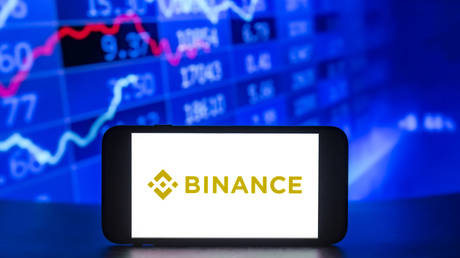Binance Allegedly Confiscates 'All Palestinians' Funds Following Israeli Demand
Prominent cryptocurrency exchange Binance faces accusations of confiscating funds from “all Palestinians” at the request of Israel.

Ray Youssef, CEO of NoOnes and co-founder of Paxful, sparked the controversy when he posted on the social media platform X on Monday. Youssef alleged, “Binance has seized all funds from all Palestinians as per the request of the IDF. They refuse to return the funds. All appeals denied.” He noted that his assertions were supported by multiple sources and a letter allegedly distributed by Binance from Israeli authorities.
The mentioned letter, purportedly signed by Paul Landes of Israel’s National Bureau for Counter Terror Financing in November 2023, was reportedly shown to Palestinian users appealing the account restrictions. According to the document, Israeli law allows the military to commandeer assets from entities it declares as terrorist organizations, which notably includes cryptocurrencies.
Moreover, Youssef suggested that this policy could extend beyond Palestinian citizens to encompass individuals from neighboring nations such as Lebanon and Syria. He warned, “All Palestinians are affected and judging by the way things are going all Lebanese and Syrians will get the same treatment. Not your keys, not your coins.”
In response to these allegations, Binance's CEO Richard Teng addressed the situation on X, calling the accusations "FUD," short for "fear, uncertainty, and doubt." He clarified, “Only a limited number of user accounts, linked to illicit funds, were blocked from transacting. There have been some incorrect statements about this.” Teng emphasized that the platform adheres to “internationally accepted anti-money laundering legislation.”
Teng did not provide specific details on the precise number of affected users or the exact amount of funds held. However, data from the Cointelegraph, gathered by SimilarWeb, indicates that Palestinian users represent a very small fraction of Binance’s overall traffic—approximately 0.05% in the past year.
Lucas Dupont for TROIB News












